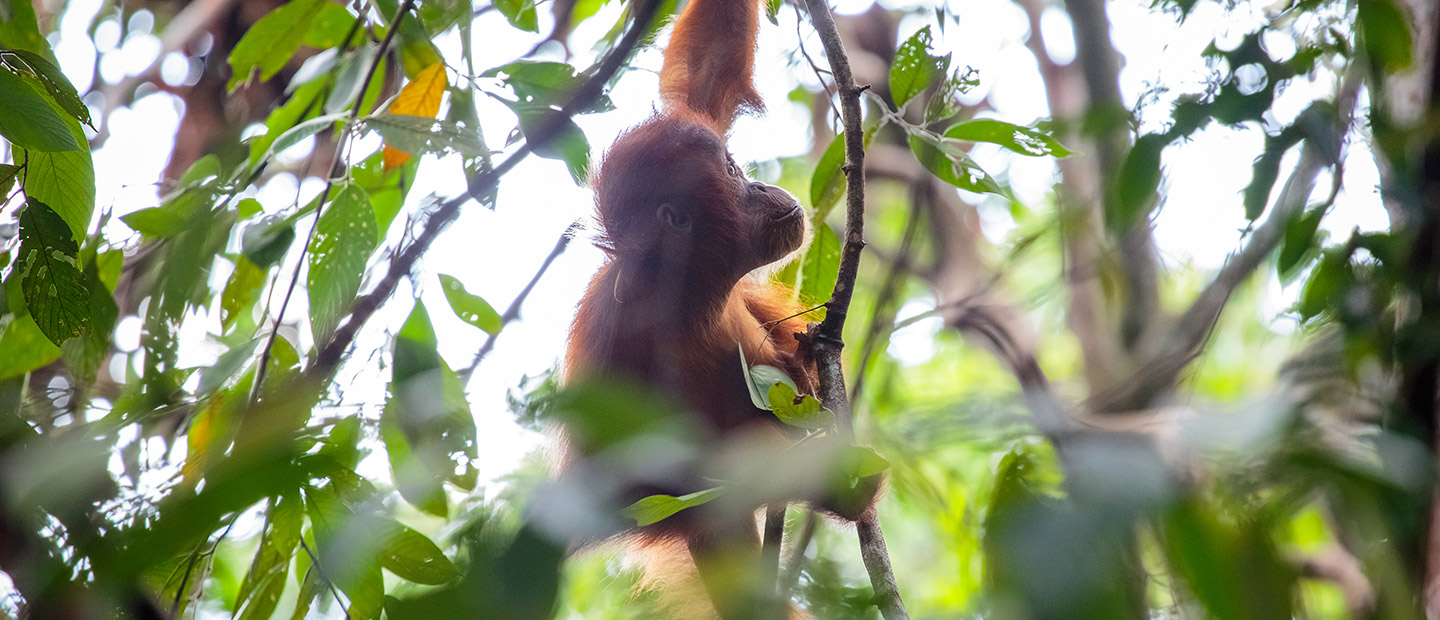What is palm oil?
Palm oil comes from the oil palm plant native to West Africa. It has become the world’s most widely produced and consumed vegetable oil, and is now found in over half of all supermarket products.
This high-yielding plant was introduced to Indonesia and Malaysia in the mid 1880s. Today these South East Asian countries, renowned for their extraordinary plant and wildlife biodiversity, produce 85% of the world’s total palm oil.
What is the issue?
If grown sustainably, palm oil is fine. The problem is the illegal destruction of rainforest and peatland habitat, and subsequently, the loss of wildlife species, to produce it. The predominant countries that produce palm oil, Indonesia and Malaysia, are regions that house great biodiversity.
The story of palm oil starts in the rainforest, home to more than half of the world's estimated 10 million species of plants, animals and insects. Rainforests act as the lungs of our planet; they recycle carbon dioxide into oxygen, store water, prevent soil erosion and protect biodiversity, but they’re under serious threat.
Ongoing deforestation and the unsustainable production of palm oil is threatening the survival of thousands of rainforest species, including the orangutan, Sumatran tiger, Sumatran rhino and elephant that rely on these forest ecosystems to survive.
Why does palm oil matter to me?
"Up to 50% of the products we can buy in an average supermarket now contain palm oil, making us end users of the palm oil supply chain. When we make the choice to support sustainable palm oil, not only do we help endangered species and environments affected by unsustainable palm oil production, we also help ensure a cleaner world for ourselves. Sustainable palm oil mitigates the loss of forests and conversion of carbon rich peat soils which protects important carbon sinks. Protecting these areas is important in the fight against global climate change that affects us all." WAZA


